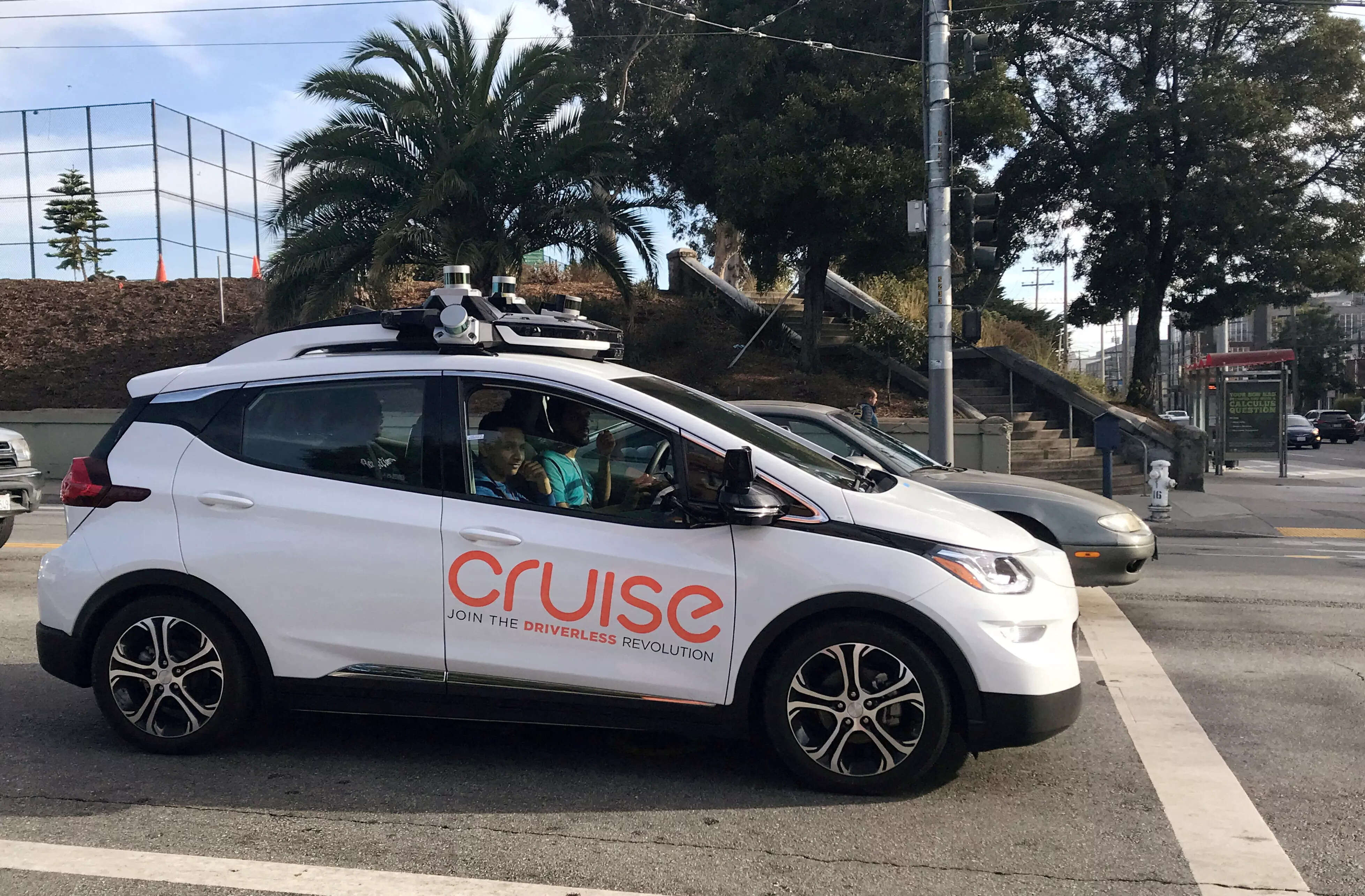
Amid strenuous pushback from San Francisco officials and many residents, a California state agency is set to vote on Thursday on a proposal to allow the city to be blanketed in self-driving taxis at all hours.
Approval would grant General Motors’ Cruise and Alphabet Inc’s Waymo the right to expand testing of their autonomous vehicles as paid taxis across the city, putting them in direct competition with ride-hailing providers Uber and Lyft.
The California Public Utilities Commission (CPUC), which has statewide jurisdiction over autonomous vehicle regulation, drafted the proposal after Waymo and Cruise applied for permits that would allow for broader testing of the robotaxis.
The companies, which have plowed billions into developing the vehicles, with little revenue, see the vote as a critical next step to broader regulation as they eye expanding into new cities and states.
But the vote at the meeting that begins at 11 a.m. PDT (1800 GMT) comes amid vigorous opposition from transportation and safety agencies in San Francisco.
They say the robot cars’ sometimes unpredictable driving has interfered with fire officials, caused traffic jams and violated other rules of the road and that the companies fail to fully disclose data showing hiccups. They have sought a slower rollout.
Cruise and Waymo, in contrast, have asserted their robotaxis are safer than distractable human drivers, have not caused any deaths or life-threatening injuries over millions of collective miles driven and that real-world testing is critical to perfecting the technology.
Cruise said at a recent public hearing that it has about 300 vehicles in operation at night and 100 during the day, while Waymo said it has roughly 250. Both are expected to add to that number if the CPUC approves the proposal.
The measure has divided San Francisco between locals who resent their city being used as a testing lab for what they say is an unproven technology and those who say they feel the symbolic technology capital ought to be the leader in developing what could lead to fewer traffic accidents and injuries.
The CPUC has twice delayed the vote, in part because of the mounting opposition.
The CPUC on Tuesday heard testimony from the San Francisco Municipal Transportation Agency that it had logged close to 600 incidents involving autonomous vehicles since spring of 2022 and that they believe that is “a fraction” of the total due to what they say are lax reporting requirements.
Outfitted with spinning sensors, Waymo and Cruise vehicles are an arresting sight around San Francisco, particularly to visitors unaccustomed to cars with no human driver behind the wheel. Summoned by app, like ride-hailing trips, the vehicles are allowed to take passengers for free around much of the city, with some restrictions, and can only charge at night.

